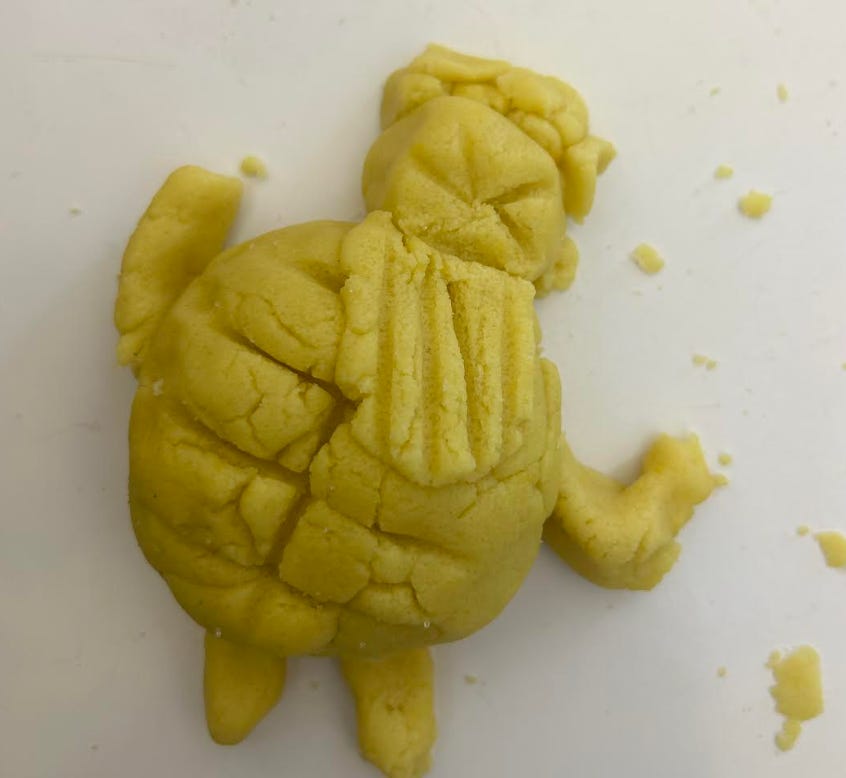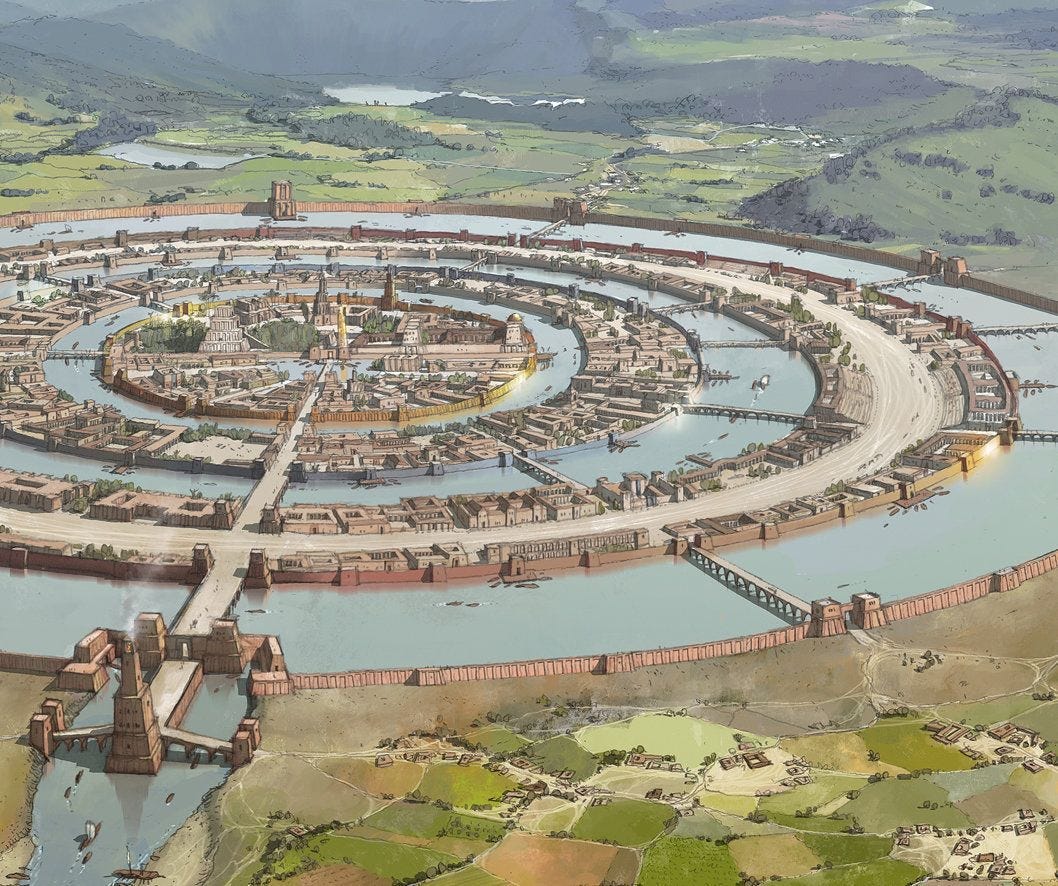Dear Classical Wisdom Kids,
Some stories from the ancient world are just stories... myths meant to regale those around the fireside, to pass the time, or teach the next generation a lesson or two.
Some stories from the ancient world are real histories, turned fantastic through oral tradition. These legends contain hints of actual happenings, clues to our past waiting to be confirmed.
And then some stories lay in between... or at least we still have no idea which side they fall: Myth or History.
The Myth of Atlantis is one such tale...but what is this epic myth? One that has inspired countless artists and authors as well as archeologists and historians?
But before you dig into the fantastic Myth of Atlantis below, make sure to reacquaint yourself and your kiddos with the Greek philosopher who wrote down the story: Plato!
If you didn’t read the lesson, you can do so here:
Who Was Plato?
Dear Classical Wisdom Kids, One might wonder why Socrates never wrote anything down. Such a brilliant philosopher… wouldn’t he want to impart his wisdom to future generations? Surely he would aspire to inspire others who weren’t necessarily within ear shot?
In fact, we received already so many cool Play-doh Pictures! Check them out:
Thank you to all our wonderful Classical Wisdom Kids who submitted their awesome designs!!
Frida wants to add that hers (the last one) has a detachable tongue…
Now that you know who this wrestling philosopher is, please enjoy one of his most famous stories of all time, The Myth of Atlantis, below...
All the best,
Anya Leonard
Founder and Director
Classical Wisdom
The Myth of Atlantis
The myth of Atlantis is a story that has been passed down through the ages...it is a very famous story, do you know it?
In the 4th century BCE, the ancient Greek philosopher Plato said he heard a story from the Egyptians about Atlantis. It was a powerful and advanced civilization that existed around 9,000 years before his time.
In the story, Atlantis was a large island - larger than ancient Asia and Libya combined! It was located past the "Pillars of Hercules," which is generally believed to be the Strait of Gibraltar. On Atlantis there was a mountain in the center of the land. Atop the mountain, there was a fantastic temple in honor of Poseidon.
The Atlanteans (people from Atlantis) were technologically advanced but not very moral people. Although they lived peacefully for some time, they eventually wanted to conquer others. They had a vast empire and were threatening other civilizations. However, because they were corrupt and arrogant, the gods decided to punish them.
Plato said that the gods caused a series of catastrophic (disastrous) events, including earthquakes and floods, that sank Atlantis into the ocean. It disappeared without a trace!
“In a single day and night of misfortune all your warlike men in a body sank into the earth, and the island of Atlantis in like manner disappeared in the depths of the sea.” - Plato, Timaeus
The story of Atlantis has captured the imagination of people for centuries. There are many ideas about its possible location and whether or not it really happened... Some think it was the island of Santorini in Greece, which had a big volcanic eruption that changed the Minoan civilization.
While the story of Atlantis is a compelling mystery, there is still no evidence to say it really happened. Many scholars think it is a legend or allegory written by Plato to teach philosophical or moral lessons. The myth of Atlantis continues to be a popular topic in literature, art, and popular culture.
Let Little Readers Read
Download the story, complete with word bank so you kids can practice reading:
Review:
Who wrote the story of Atlantis?
When did the story take place? When was it written?
What was the city of Atlantis like?
What were the people like?
What happened to the city of Atlantis?
Discussion:
What is the moral of Atlantis?
Is it a similar lesson to any other stories that you know?
What is an allegory? Can you think of an example?
Was the story of Atlantis real?
Go Further:
(This section is for adults and older kids)
You can watch this podcast with Professor Angie Hobbs about the Mystery of Atlantis:













